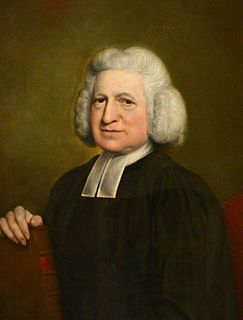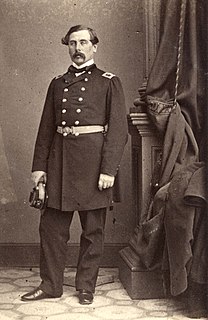A Quote by Mahatma Gandhi
Ours is one continual struggle against a degradation sought to be inflicted upon us by the Europeans, who desire to degrade us to the level of the raw Kaffir whose occupation is hunting, and whose sole ambition is to collect a certain number of cattle to buy a wife with and, then, pass his life in indolence and nakedness.
Related Quotes
Ours is one continued struggle against degradation sought to be inflicted upon us by the European, who desire to degrade us to the level of the raw Kaffir, whose occupation is hunting and whose sole ambition is to collect a certain number of cattle to buy a wife with, and then pass his life in indolence and nakedness.
So much had been surrendered! And to such little purpose! There had been mad wilful rejections, monstrous forms of self-torture and self-denial, whose origin was fear and whose result was a degradation infinitely more terrible than that fancied degradation from which, in their ignorance, they had sought to escape.
Now, justification in this life is given to us according to these three things: first by the laver of regeneration by which all sins are forgiven; then, by a struggle with the faults from whose guilt we have been absolved; the third, when our prayer is heard, in which we say: 'Forgive us our debts,' because however bravely we fight against our faults, we are men; but the grace of God so aids as we fight in this corruptible body that there is reason for His hearing us as we ask forgiveness.
It is indolence... Indolence and love of ease; a want of all laudable ambition, of taste for good company, or of inclination to take the trouble of being agreeable, which make men clergymen. A clergyman has nothing to do but be slovenly and selfish; read the newspaper, watch the weather, and quarrel with his wife. His curate does all the work and the business of his own life is to dine.
A gentleman, is a rarer thing than some of us think for. Which of us can point out many such in his circle--men whose aims are generous, whose truth is constant and elevated; who can look the world honestly in the face, with an equal manly sympathy for the great and the small? We all know a hundred whose coats are well made, and a score who have excellent manners; but of gentlemen how many? Let us take a little scrap of paper, and each make out his list.
Far be it from us to doubt that all number is known to Him 'Whose understanding is infinite' (Ps. 147:5). The infinity of number, though there be no numbering of infinite numbers, is yet not incomprehensible by Him Whose understanding is infinite. And thus, if everything which is comprehended is defined or made finite by the comprehension of him who knows it, then all infinity is in some ineffable way made finite to God, for it is comprehensible by His knowledge.
Nothing can tend so much to humble us before the mercy and justice of God as the consideration of His benefits and our own sins. Let us, then, consider what He has done for us, and what we have done against Him; let us call to mind our sins in detail, and His gracious benefits in like manner, remembering that whatever there is of good in us is not ours, but His, and then we need not be afraid of vainglory or of taking complacency in ourselves.








































